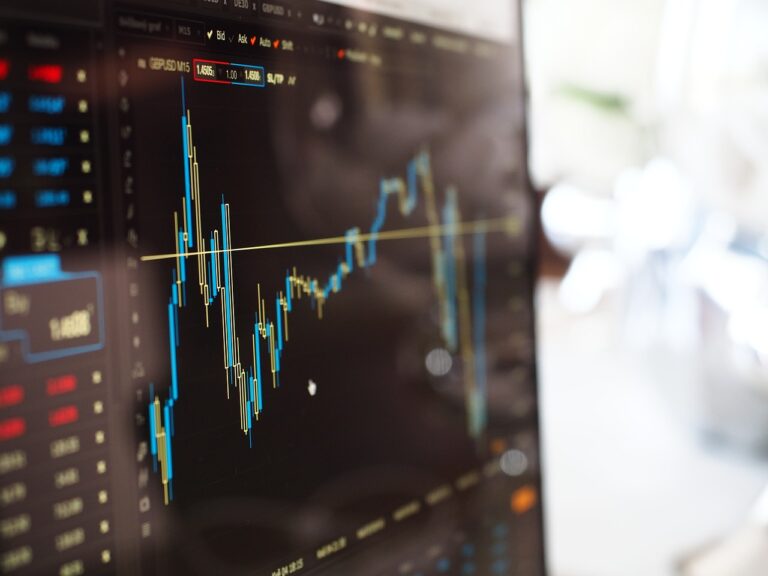European markets have staged a modest rebound this morning as traders across the globe held their breath in the ongoing trade war standoff between Washington and Beijing.
The FTSE 100 rose 1% at the open this morning, offering a flicker of something less than dread after several days of sharp losses. In Paris, the Cac 40 climbed 1.8%, while Frankfurt’s Dax index saw a 1.3% bump. Across the world in Asia, markets followed suit: Japan’s Nikkei 225 surged an impressive 6%, with South Korea and Australia also posting gains.
READ MORE: Leeds lawyer warns of “Trump Effect” on marketing sector
The tentative relief comes amid a dramatic escalation in rhetoric from US President Donald Trump, who issued an ultimatum to China overnight: reverse the proposed 34% tariff on US goods or face an additional 50% levy, pushing total Chinese tariffs on some American imports past a staggering 100%.
Trump’s latest move has drawn sharp criticism – and concern – from political leaders and financial markets alike. In the UK, Health Secretary Wes Streeting warned the tariffs were “harmful to British interests,” arguing that the economic crossfire could damage UK exports and push up prices for consumers. Nevertheless, he praised the UK government’s restraint, saying it was showing “level-headed leadership” by holding off on retaliatory measures – at least for now.
On Capitol Hill, Republican Congressman Pete Sessions admitted that voters in his home state of Texas are growing uneasy with the tit-for-tat tariff war. “People here don’t like additional taxes – and that’s what tariffs are,” he told the BBC. “But many believe this is a negotiating tactic. We just hope the President can land a deal.”
With talks between Washington and Beijing ongoing behind the scenes, today’s market bounce may be more pause than pivot. The world, it seems, is still bracing for impact.
Previously, Russ Mould, investment director at Salford Quays-based online broker AJ Bell, warned that tariffs—and the inevitable retaliatory measures—could lead to higher inflation, the reversal of recent tentative interest rate cuts, and rising prices. “There might be a trickle-down effect that knocks business and consumer confidence and feeds into weaker economic activity,” he warned.












